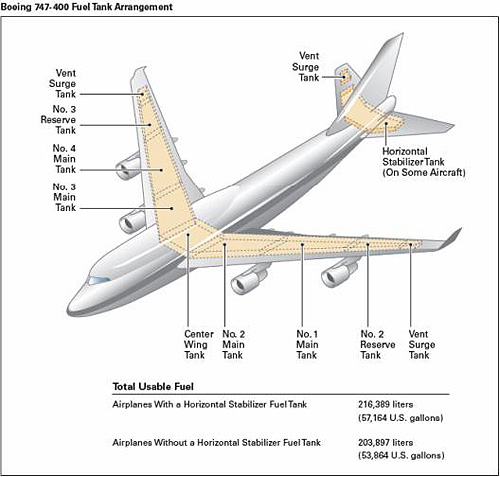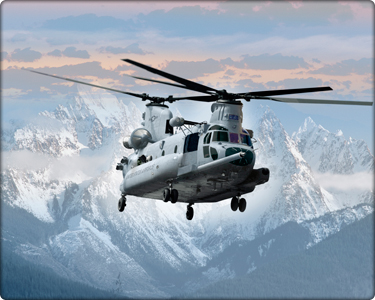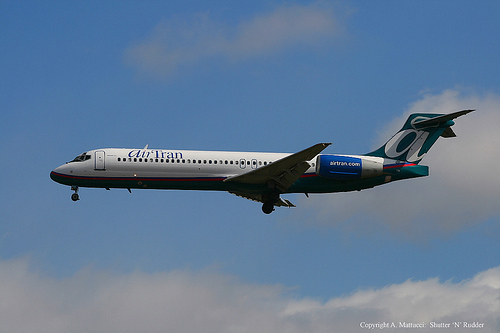Aviation Fuel
This would entail building 5 to 10 commercial-scale demonstration plants within five years. The object being the testing of the viability of a range of conversion processes using diverse and abundant feedstocks, producing different end products applicable to the aviation industry.

Aviation Jet Fuel Information
AVIATION TURBINE FUEL
CIVIL JET FUELS
Aviation turbine fuels are used for powering jet and turbo-prop engined aircraft and are not to be confused with Avgas. Outside former communist areas, there are currently two main grades of turbine fuel in use in civil commercial aviation : Jet A-1 and Jet A, both are kerosine type fuels. There is another grade of jet fuel, Jet B which is a wide cut kerosine (a blend of gasoline and kerosine) but it is rarely used except in very cold climates.
JET A-1
Jet A-1 is a kerosine grade of fuel suitable for most turbine engined aircraft. It is produced to a stringent internationally agreed standard, has a flash point above 38°C (100°F) and a freeze point maximum of -47°C. It is widely available outside the U.S.A. Jet A-1 meets the requirements of British specification DEF STAN 91-91 (Jet A-1), (formerly DERD 2494 (AVTUR), ASTM specification D1655 (Jet A-1) and IATA Guidance Material (Kerosine Type), NATO Code F-35.
MILITARY

JP-4
JP-4 is the military equivalent of Jet B with the addition of corrosion inhibitor and anti-icing additives; it meets the requirements of the U.S. Military Specification MIL-PRF-5624S Grade JP-4. JP-4 also meets the requirements of the British Specification DEF STAN 91-88 AVTAG/FSII (formerly DERD 2454), where FSII stands for Fuel Systems Icing Inhibitor. NATO Code F-40.
